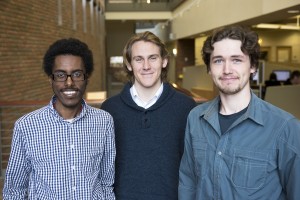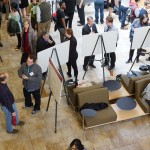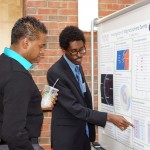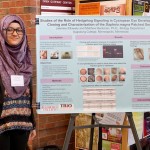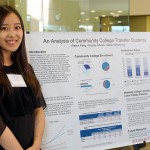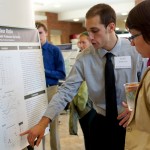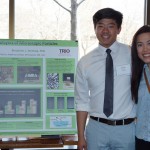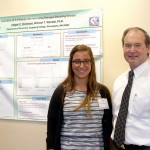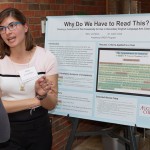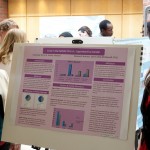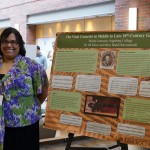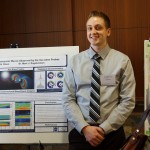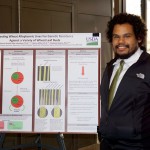Completing medical school applications is a notoriously arduous process, but this winter, Augsburg alum Dave Bergstand ’14 received the answer he’d been waiting for. “I will be attending the U of Minnesota for medical school, starting Fall 2016,” wrote Bergstrand, “I applied to, I believe, 20 medical schools (13 MD programs, 7 DO programs).I decided which schools based upon where I felt I’d fit best in terms of the missions of the schools, and took into consideration average acceptance MCAT scores and the number of out-state applicants the schools accepted.”
We asked Dave a few questions to learn more about his med school application experience and his tips for other Auggies considering the path.
Describe how you became interested in the medical field and what direction you’re leaning toward in your career.
My interest in medicine first began as an intellectual curiosity. I was initially very interested in psychology, and when I began learning about psychological disorders I became fascinated with the human brain. It was at that point, once I became interested in brain physiology, that I started to consider medicine as my interest began to shift from psychology to biology. After that, once I started taking science classes at Augsburg, I was hooked.
It’s very difficult at this point to say where I’ll end up practicing in medicine as my exposure has been limited to Emergency and Primary Care settings. I have some knowledge of other fields, but no first hand exposure. With that said, however, I really see myself ending up as a Primary Care physician, likely in Family Medicine. I’m really attracted to the longitudinal care aspect of primary care and being able to form strong relationships with patients over time.
How did your experiences at Augsburg inform your desire to go to med school?
I had several very meaningful experiences at Augsburg that continued to drive me toward medical school:
Major – Biopsychology. My academic/classroom experience at Augsburg was very meaningful in terms of strengthening my interest in science in general and providing a strong foundational knowledge.
Research – I had several different research experiences. I was an URGO researcher for one summer and worked at the Brain Sciences Center with Dr. David Crowe doing neurobiology work. This further strengthened my interest in science/biology, but it also showed me that working in a lab, while very rewarding and intellectually stimulating, was not how I wanted to spend the rest of my life. I missed human interaction, to put it simply. I was also a Mayo Innovations Scholar. This broadened my view of the medical field to include the business and economic side, and deepened my fascination with medicine and the science of medicine.
Volunteering – I volunteered as a Crisis Counselor at a crisis hotline center. This was an incredible experience for many reasons, the most important of which was that it showed me the power of being and reward of serving others and directly impacting lives. This strengthened my desire to become a physician as I envision a similar reward serving patients in the future.
What was the most challenging part of the application process, and how did you approach that challenge?
The application process is arduous and difficult. For me, the biggest challenge was the personal statement. To address this, I sought the help of an advisor with personal statement experience (namely, Catherina).I think this is crucial. I probably went through 15-20 drafts of the statement (not sure what a “normal” number of drafts is), and we met almost every week or two for 2-3 months to go over things and review. Be comfortable taking constructive criticism.
Secondaries are also a tremendous amount of work, but the same process was applied: Write responses, review with Catherina, repeat.
Interview preparation can also be very daunting, but I worked with several different people (Catherina, Dale Pederson in Biology, a physician I know, my Mom, and a family friend) to prepare and did a number of practice interviews to get ready. Lots and lots of practice.
What advice do you have for other Auggies seeking medical school acceptance or a career in the health field?
Start your application early. Start your application as early as you possibly can. Start thinking about what and how you will write your personal statement. Document your experiences as you are experiencing them.
Gain as much direct medical experience as possible. Medical scribing is a tremendous opportunity for this. Inform yourself on what doctors do on a daily basis. Saying you want to become a physician is much more meaningful if you have direct experience to draw upon. Your personal statement and interviews will be so much stronger if you have lived experiences to draw from to explain your desire for medicine.
Start MCAT prep very early. Understand that the MCAT will be the hardest exam you’ll have taken to that point in your life, and it is unlike any test you’ve ever taken. A strong MCAT score is one of the most powerful tools in your arsenal. It’s certainly not everything, but it is very important. So, start prep early, and be prepared to spend several hundred hours getting ready.
Have something unique. You will be one of literally thousands of applicants with the same MCAT and GPA scores. Try to make your application unique somehow. Learn a second language. Study abroad in Africa. Spend a summer vacation on a service trip.
Grades and MCAT are very important, but so is compiling a compelling range of experiences. The more experiences you can have as an undergraduate, the better, but make sure they are meaningful and that you’ll be able to describe why and how they were meaningful. One of my regrets is that I didn’t volunteer more and didn’t have more experiences in general. It’s much easier to cut experiences out of an application if you have too many than to try to come up with experiences to list that don’t have much meaning.

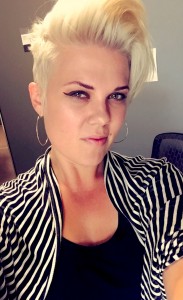

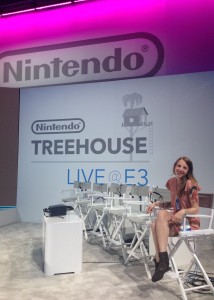
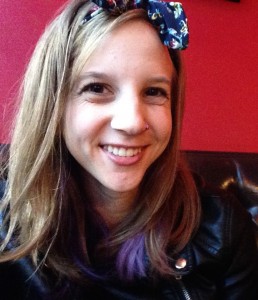
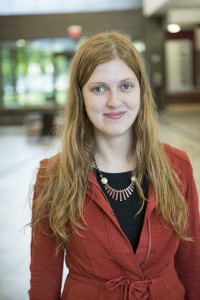
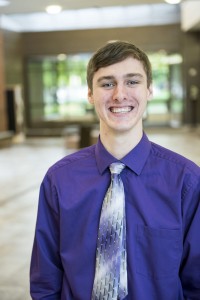
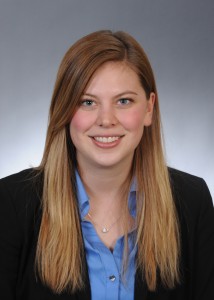
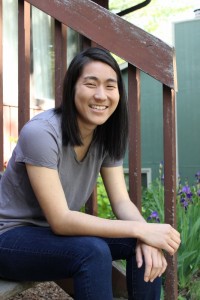 ent graduate and mathematics major, Taylor Kuramoto, has been selected to serve as a Fulbright English Teaching Assistant in South Korea for the ’15-’16 academic year! Fulbright receives thousands of applications each year, and Taylor was selected by both U.S. and South Korean committees. Taylor will be working with elementary or secondary students and will have the opportunity to live with a South Korean family in a home-stay. In her time outside of the classroom, Taylor plans to create English talking circles like those she participated in at the local Jane Addams School for Democracy as a Bonner Leader and hopes to use her experience as an Auggie soccer player to connect with students and peers through the sport.
ent graduate and mathematics major, Taylor Kuramoto, has been selected to serve as a Fulbright English Teaching Assistant in South Korea for the ’15-’16 academic year! Fulbright receives thousands of applications each year, and Taylor was selected by both U.S. and South Korean committees. Taylor will be working with elementary or secondary students and will have the opportunity to live with a South Korean family in a home-stay. In her time outside of the classroom, Taylor plans to create English talking circles like those she participated in at the local Jane Addams School for Democracy as a Bonner Leader and hopes to use her experience as an Auggie soccer player to connect with students and peers through the sport.